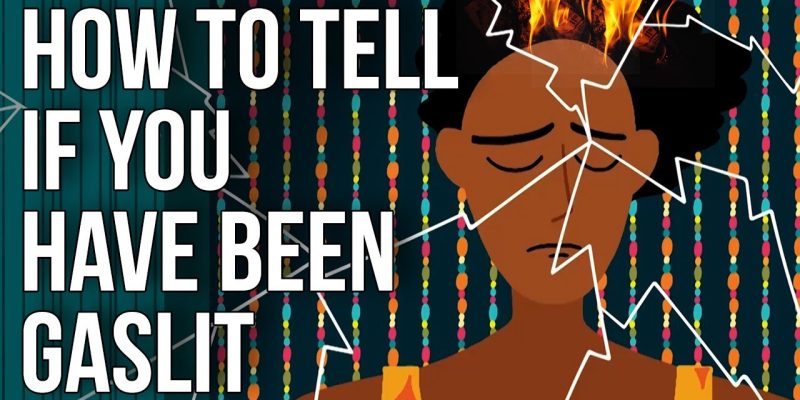Gaslighting is a form of emotional abuse that can often go unrecognised, yet its impact on individuals can be profound and long-lasting. Understanding the common signs and red flags of gaslighting is crucial in order to protect oneself and seek necessary support, especially in personal relationships where this behaviour is most prevalent.
What is Gaslighting?
Gaslighting is a manipulative tactic where a person, often an abuser, makes their victim question their own reality, memory, or perceptions. It’s a form of psychological manipulation that can lead to a victim doubting their own sanity.
Common Signs of Gaslighting
- Blatant Lying: The abuser tells blatant lies. You know they are lying, but they are so adamant that you start questioning the truth.
- Denying They Said Something, Even Though You Have Proof: You might have an email or a text, but the gaslighter will deny they ever said it.
- Using What You Love Against You: They know how important your kids, pets, or job are to you, and they use them as ammunition.
- Their Actions Don’t Match Their Words: What they are saying doesn’t match up with what they are doing.
- They Project: The gaslighter may accuse you of the very things they are doing themselves.
- They Try to Align People Against You: Gaslighters are masters at manipulating and finding people who will stand by them no matter what.
- They Tell You or Others That You Are Crazy: This is one of the most effective tools of the gaslighter because it’s dismissive.
- They Tell You Everyone Else is a Liar: By telling you everyone else (your family, the media) is lying, they’re implying that they are the only one who’s telling the truth.
Red Flags to Watch Out For
- Constantly second-guessing yourself or having trouble making decisions.
- Asking yourself, “Am I too sensitive?” multiple times a day.
- Feeling confused or like you’re going crazy.
- Frequently apologising to your abuser.
- Lack of joy and always feeling as if you can’t do anything right.
- Always thinking it’s your fault when things go wrong.
Seeking Help
Recognising these signs is the first step in dealing with gaslighting – if you or someone you know is experiencing these symptoms, it is important to seek help. There are numerous resources available, and one should never feel ashamed or afraid to reach out for support. For those in Australia dealing with such issues, there is domestic abuse support in Australia that offers comprehensive guidance and resources to help navigate through these challenging situations.
Final Thoughts
Gaslighting is a severe form of emotional abuse that can have long-lasting effects on its victims. By understanding and recognising the signs, we can protect ourselves and our loved ones. Remember, seeking help is a sign of strength, not weakness – don’t hesitate to reach out for the support you need.








Comments